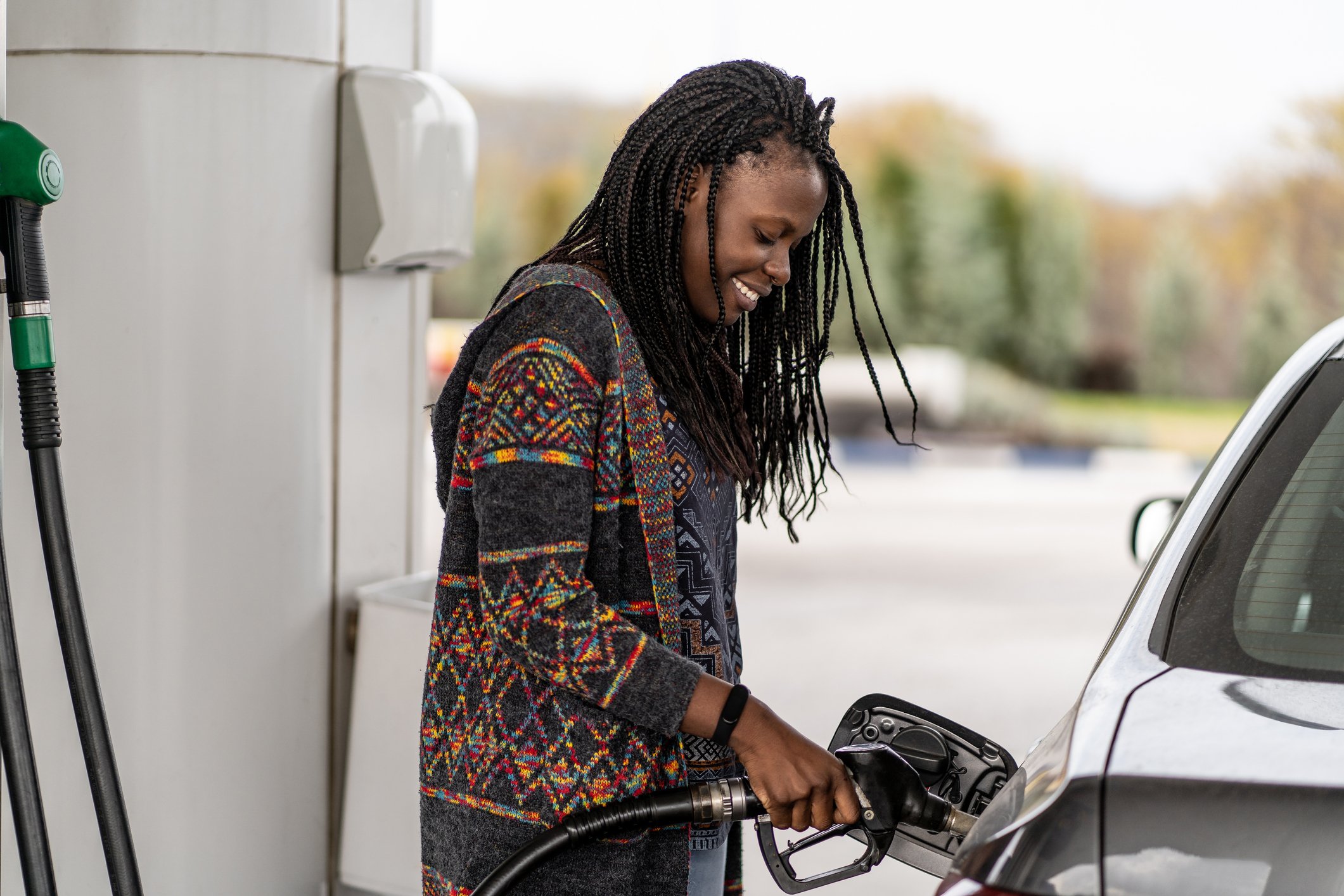What happened
Shares of Sunoco LP (SUN +0.02%) rose nearly 26% last month after the company announced that it had entered into an agreement to sell nearly 1,110 convenience stores to 7-Eleven. It did not include the valuable Aloha Petroleum unit in Hawaii or any APlus franchisee-operated stores, although an additional 200 convenience stores -- the remaining brand-owned stores -- are now available for sale.
The transaction will inject $3.3 billion into the coffers of one of America's most identifiable brands -- immediately improving the debt-ridden balance sheet -- and allow it to focus nearly exclusively on being one of the nation's top fuel suppliers. The deal includes a 15-year take-or-pay contract to supply 7-Eleven with approximately 2.2 billion gallons of transportation fuels per year. In other words, long-term investors now have a more predictable income stream to rely on for future periods.

Image source: Getty Images.
So what
The move comes after management had struggled to improve the financial profile of Sunoco LP through organic growth and smaller asset sales and received little help from its parent, Energy Transfer Partners. Consider that debt increased 82% from September 2015 to September 2016 on the heels of major acquisitions. While those transactions added slow and steady growth potential for the long haul, they also ballooned the leverage ratio to an astounding 6.75. At the end of last year, long-term debt totaled $4.5 billion.
The company's previous strategic plan called for a gradual step down to "healthier" levels of 5.50 by March 2019, although that was still a relatively high level of debt to carry around -- and getting there wouldn't have been easy. The sale agreement with 7-Eleven puts Sunoco LP firmly on a very different path.
Sure, the retail business was achieving consistent growth -- including 27 consecutive years of same-store merchandise sales growth -- but it wasn't the silver bullet needed to rapidly deleverage the company. That realization can frame the transaction for investors that management traded high-margin retail business with painfully slow debt reduction for a significantly lower debt balance overnight and predictable cash flows from long-term fuel supply contracts. It's a big win, even if it was unexpected.
The 15-year fuel supply agreement with 7-Eleven provides an additional benefit for investors: preserving the Sunoco brand. It's possible that the new owner wouldn't have changed a thing given the value in the historic name, but that small detail should nonetheless continue to bolster the company's footprint, especially considering it will retain possession of the Aloha Petroleum and APlus brands, and its valuable NASCAR sponsorship.
Now what
Sunoco LP made a difficult but wise move by pivoting to focus on its fuel supply business. It will preserve the strong reputation of its brand, smooth out long-term cash flows, and immediately reduce debt levels. Long story short, Sunoco LP's future became much brighter much sooner last month -- and long-term investors were immediately rewarded by the stock's jump.




